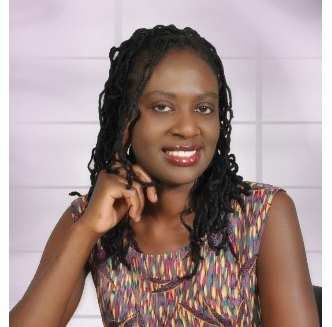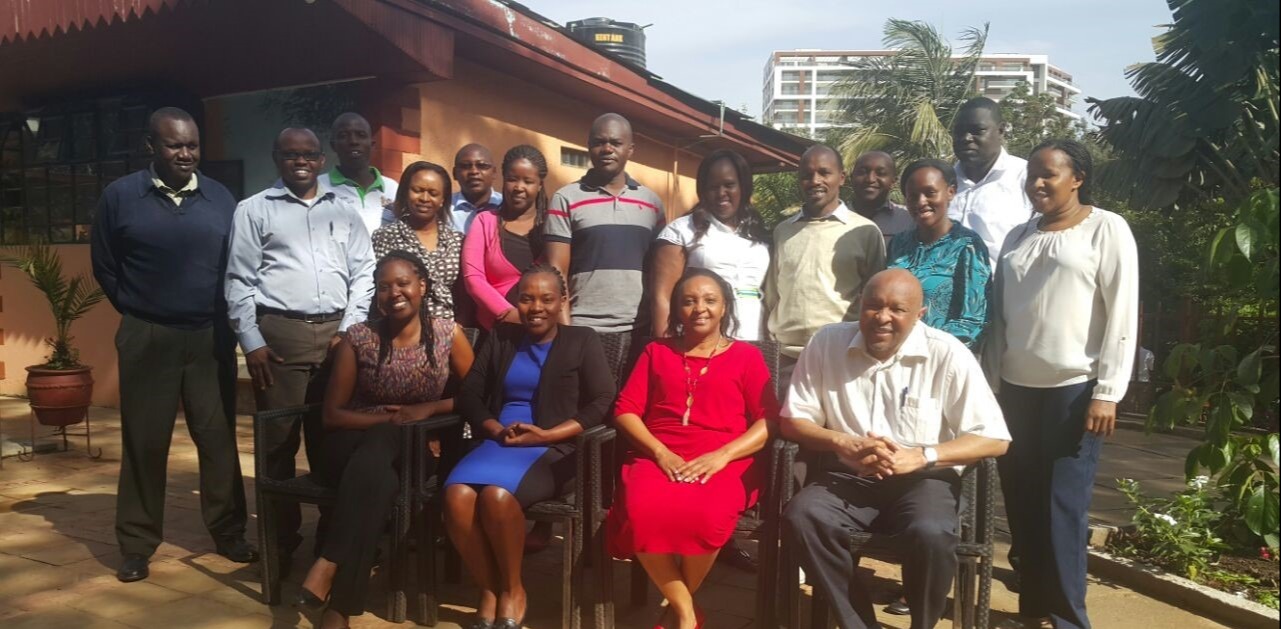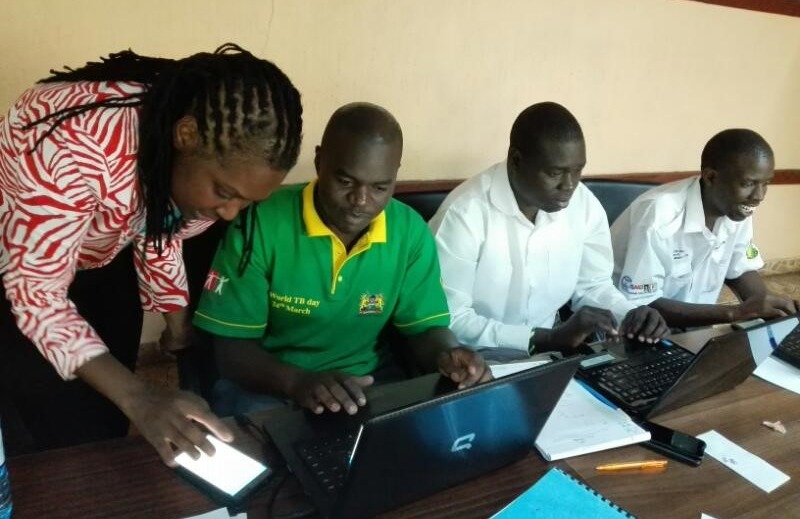When Dr Rose Kosgei was choosing a specialty in medicine, she was drawn to internal medicine as well as undertaking surgery in theatre and found that obstetrics and gynaecology fulfilled both these passions. “It’s very gratifying to deliver a baby but of course when there’s a bad outcome, it is devastating.”

Dr Kosgei has been a specialist obstetrician and gynaecologist at the University of Nairobi, Kenya, since 2013. Her mentor, Professor Jane Carter, former president of the International Union Against TB and Lung Disease (The Union) was based at Brown University, USA, where Dr Kosgei won a fellowship in 2009. Professor Carter suggested she apply to the SORT IT programme that builds operational research capacity, and Dr Kosgei became part of it to work on TB in pregnancy.
This was an important issue because Kenya had a high maternal mortality ratio of 488 deaths per 100,000 live births. A quarter of these deaths were attributable to diseases such as TB, HIV or malaria. Thus, screening pregnant women for TB would be useful, but Dr Kosgei and her team were not convinced this was being done accurately. She first undertook a small study of around 230 women, and then a larger one with nearly 3000 women, to find out how effective the symptom screening questionnaire was in detecting TB and HIV in pregnant women. They realized that they needed better ways to detect tuberculosis in pregnancy in conjunction with the National TB programme.
“SORT IT helped me to structure the research logically, in a way that was relevant to this particular setting.”

SORT IT workshop participants in Kenya in 2016
After her training in Paris, which she finished in 2011, she was able to help run trainings in Ethiopia, Zimbabwe and Kenya. By 2018, Dr Kosgei says “we were able to incorporate the SORT IT model into the curriculum of the master in medicine degree in Obstetrics and Gynecology at the University of Nairobi. The advantage of the model is that it is structured and output-oriented, and it teaches the practical skills to conduct and publish operational research resulting in several publications.”
Leadership buy-in to ensure the sustainability of operational research
The end game of SORT IT training, however, is not just that individuals are trained, but that the knowledge and understanding are institutionalized to ensure sustainability.
Dr Kosgei says “It’s all about getting people engaged. So in programmes within the Ministry of Health, you need to bring the head of the programme on board. They are often too busy to fully participate in the training, but if they take part as observers, and contribute to the manuscripts as authors to guide data collection and analysis, then you have their buy-in. This is critical because we need to work on the national or local research priorities that they define.”
In universities meanwhile, Dr Kosgei engages heads of departments similarly, and as the pressure for academia to publish is high, they are drawn to the structure of the SORT IT programme that produces several research papers.
The programme also trains researchers in how to structure and organize journal papers so that they gain important career skills. “My supervision of my postgraduate students is very hands-on, so if we are discussing the introduction of a paper, rather than just talking, we go to our computers and start writing.”

Rose mentoring SORT IT trainees
Dr Kosgei describes SORT IT as having a transformative effect on her career development. Just before starting the programme in 2011, she had only four publications. A decade later, she has more than 80 publications, including from mentoring people on SORT IT trainings.
She adds “I've been promoted to senior lecturer, and I'm just awaiting promotion to associate professor once I graduate from my PhD work that focuses on tuberculosis and gender. SORT IT has been motivating me the whole way.”
For more information, please contact Dr Edward Kamau or Dr Rony Zachariah

